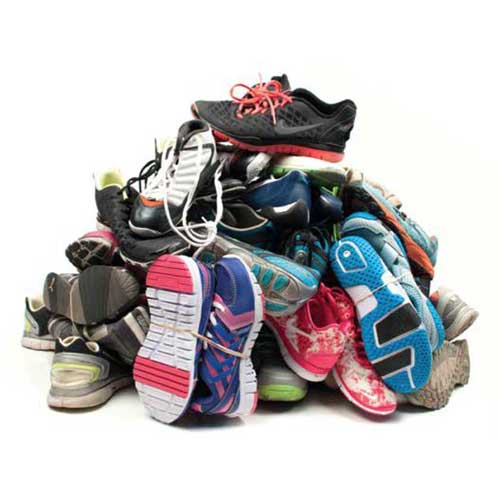Over the holidays the kids decided to count stuff in the house.
Is there something we can learn from their experience about measuring things?
I think so:
- Error – Different measurement instruments (er, kids) produced different counts.
- Conflict – These different counts, versions of the truth, produced arguments and recounts.
- Scope – Some categories of things got counted, some didn’t.
- Investment – Counting took time and effort.
- Activity – There was a focus on how much busy counting had been done.
- Shortcuts – The things that were obvious, easy, visible – coats & shoes – got counted.
- Persistence – Whole rooms, cupboards, drawers got missed off when the novelty waned.
- Consistency – There were differences in how the counts were recorded. Conflicting categories, different handwriting, fragments of paper.
- Interpretation – The final result was a list of words and numbers. No visual comparisons, relative importance, change over time, story.
Above all, I was reminded of Cameron’s* quotation (often attributed to Einstein):
“Not everything that can be counted counts, and not everything that counts can be counted.”
Unfortunately this counting effort had no decision-making intent or ultimate purpose. In other words it had no practical information value. (Sorry kids, the truth hurts).
Yes, the pursuit fulfilled an intrinsic motivation to count things. It satisfied a curiosity. It presented a challenge. It mastered skills. It was teamwork. It was competition. It completed tasks. It ticked boxes. It passed the time. It was fun.
But these things aren’t the same as decision value.
We could try to justify the decision value in retrospect; a choice between 8 or 10 coat pegs or a trip to the charity shop. But most of the measurement investment was simply a sunk cost with a near-zero return.
The big lesson is that just measuring stuff is often wasteful and doesn’t, by itself, lead to better decisions. This should caution us against conflating ‘Measurement Activity’ with ‘Measurement Value’. Or ‘Big Data’ with ‘Useful Data’.
Maybe much of what we’re counting right now is waste? Does this data truly help us to make objectively better decisions? Could it be leading us – with anchoring or algorithmic blindness – toward worse ones?
We should challenge ourselves. Instead ask: “Why are we measuring this?”, “What choices will be made better?”, “How is it aligned with a goal, our purpose?”.
As we see in another New Year, maybe we could resolve to measure what really matters for making decisions. Out with the old way, in with the new.
Maybe then, our decisions can change the world for the better.
*1963, Informal Sociology, a casual introduction to sociological thinking by William Bruce Cameron, Page 13, Random House, New York.
